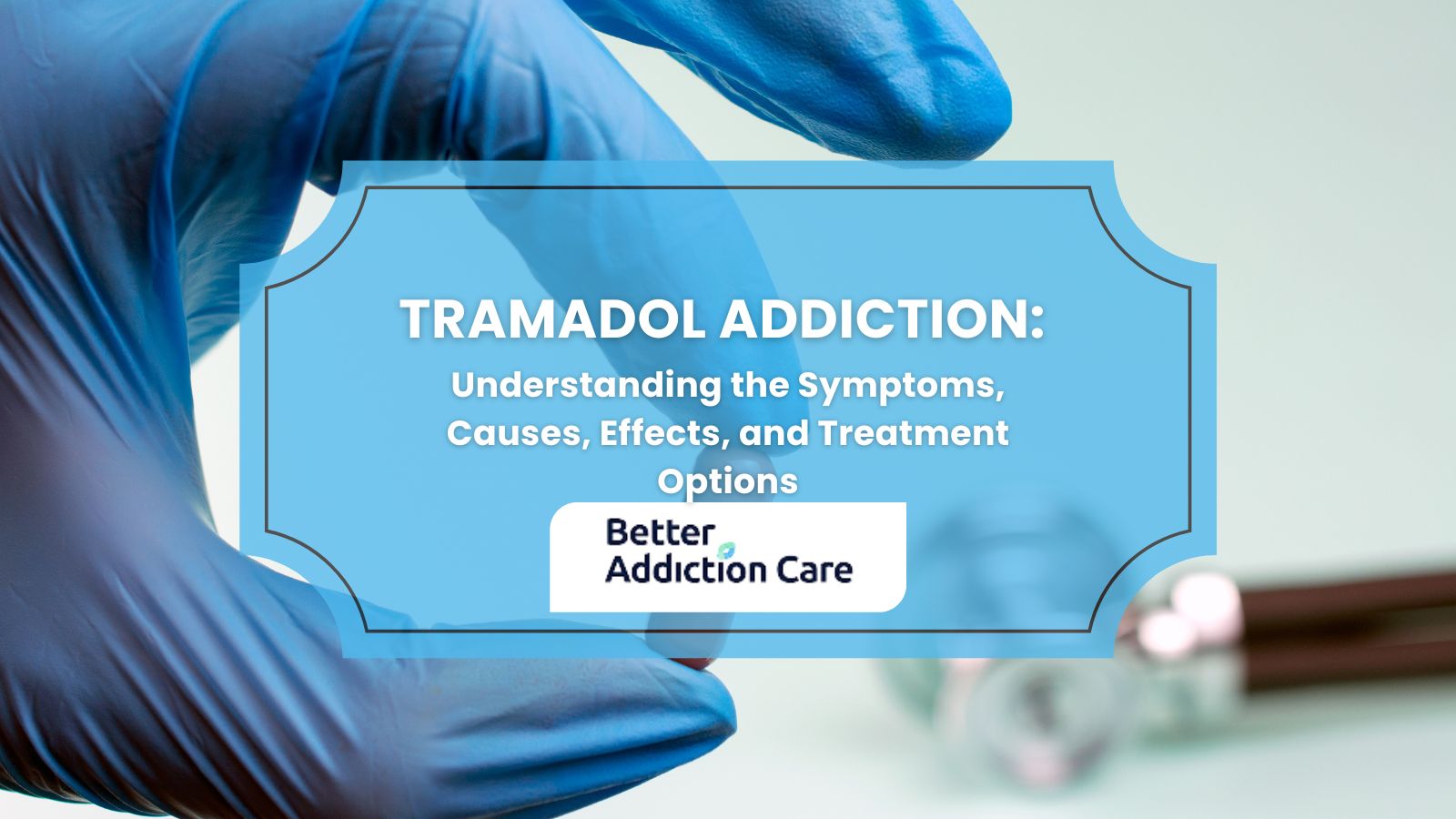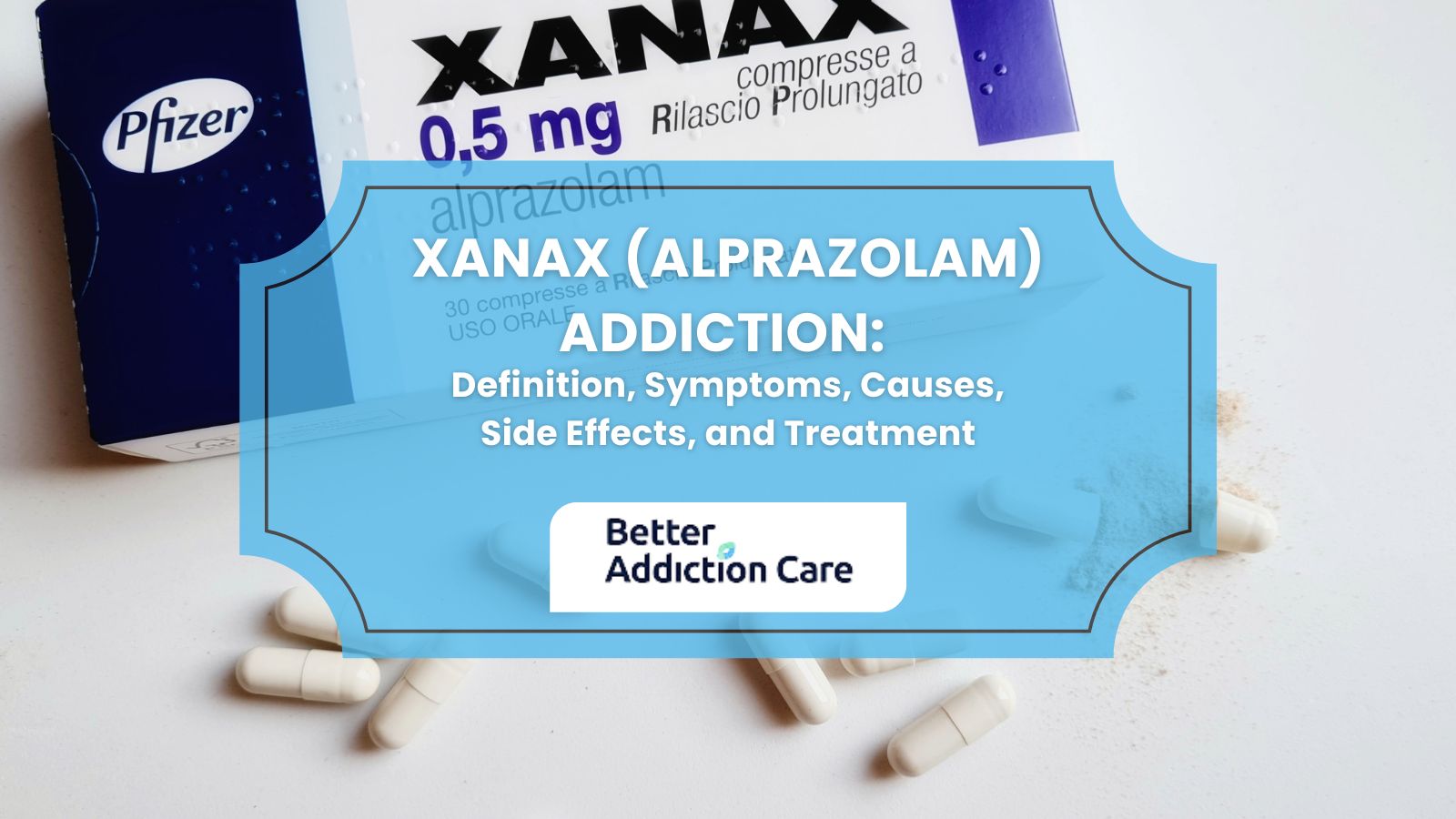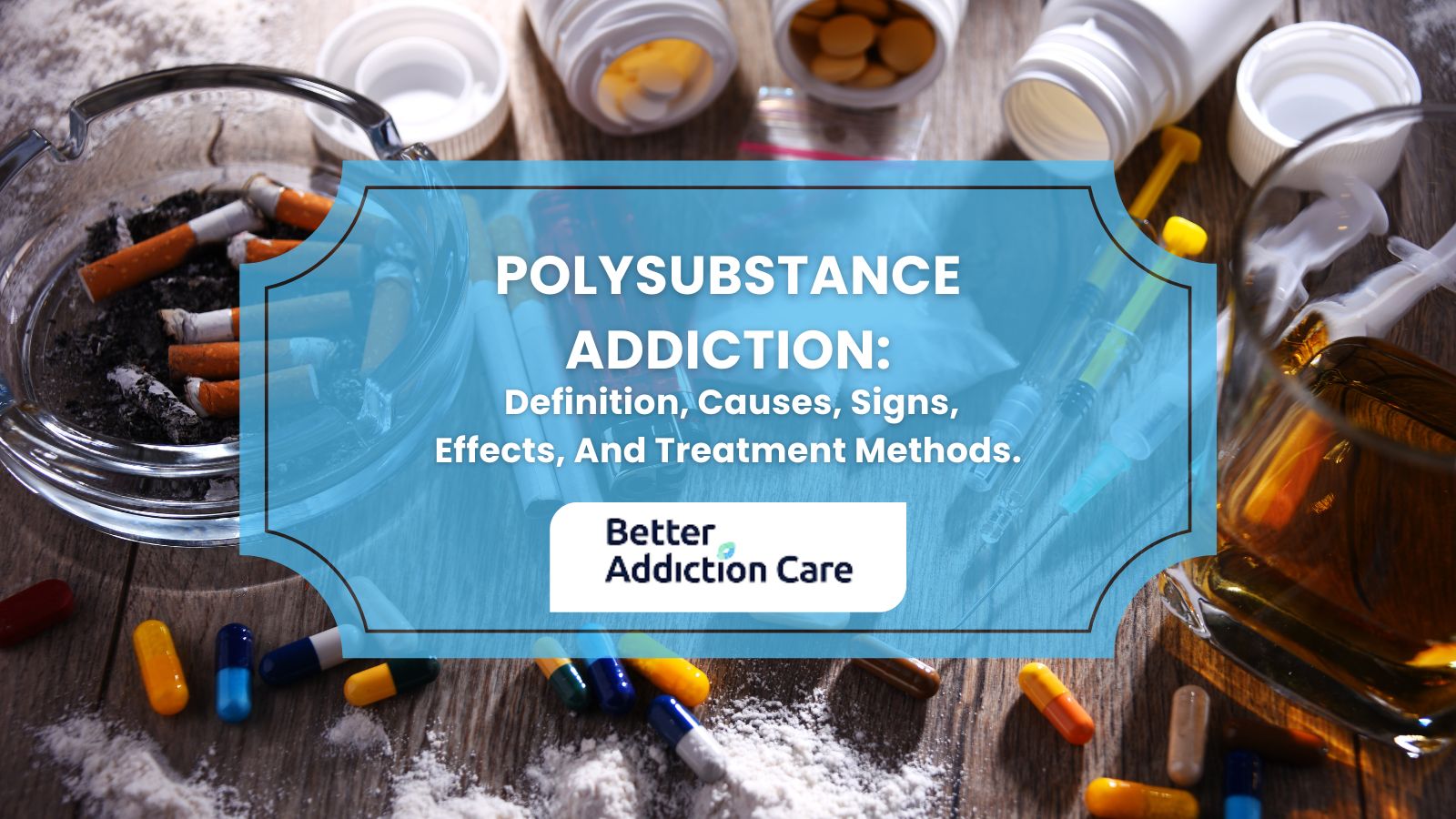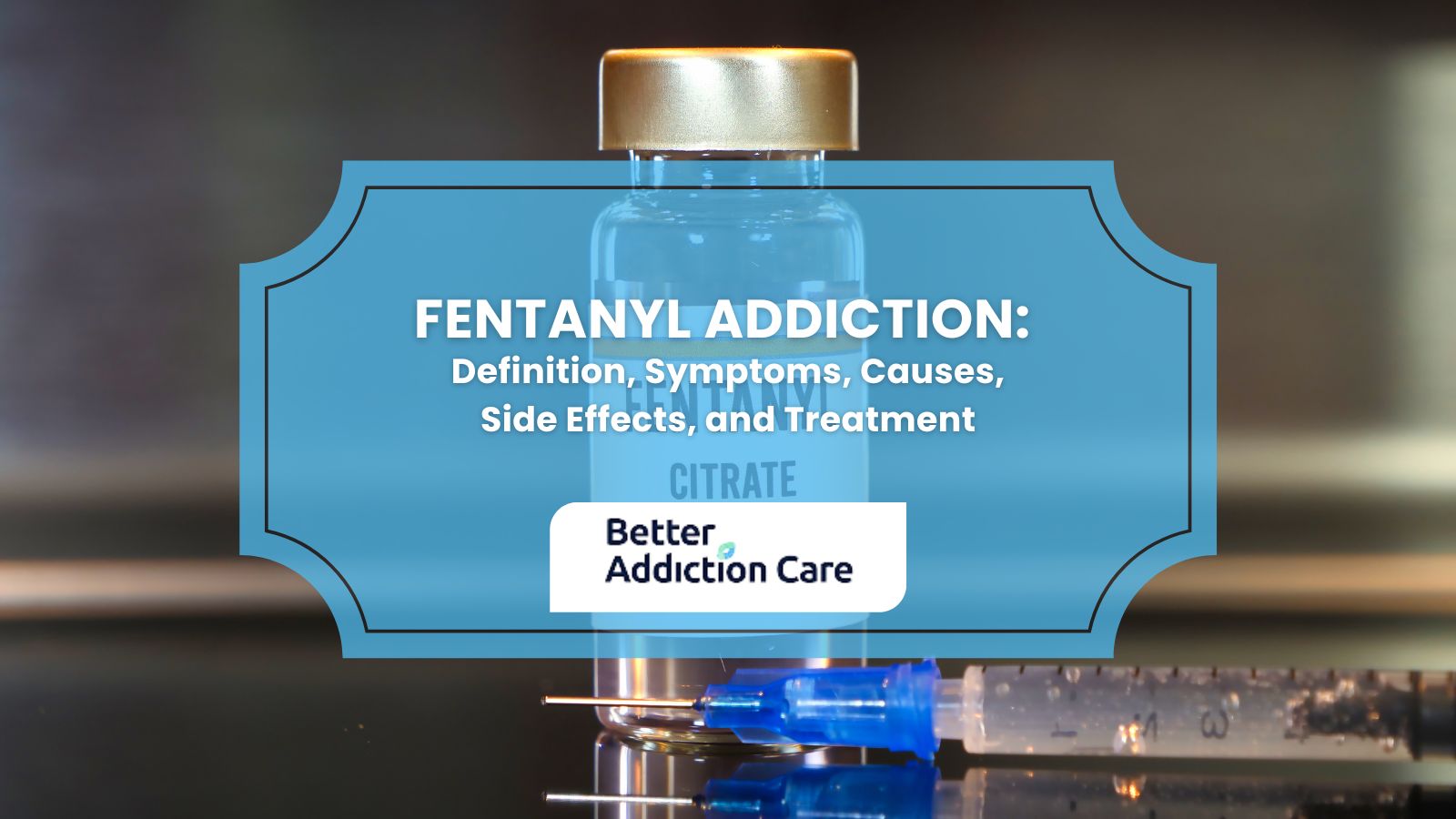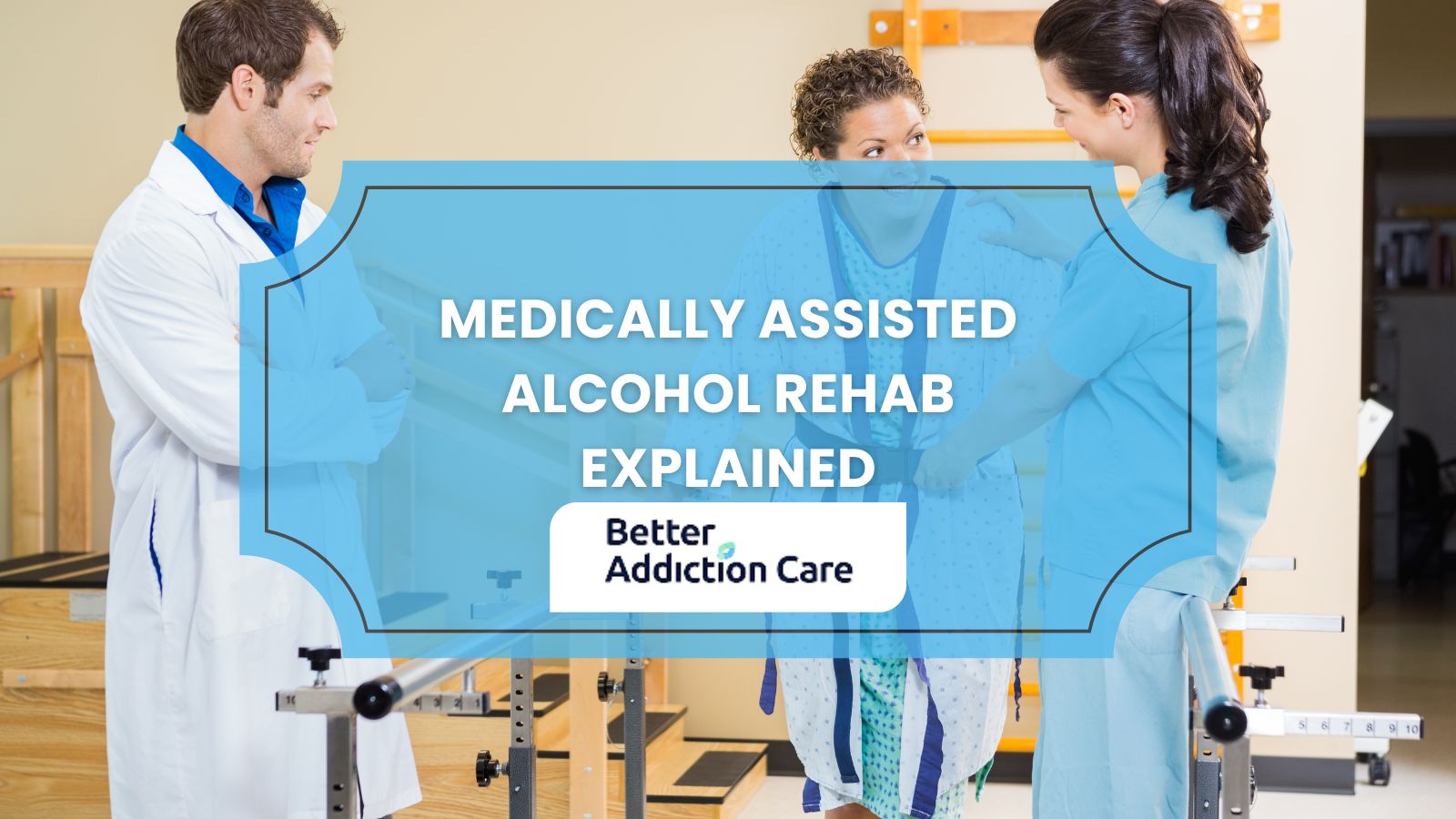
Overview
Regional Institute for Children and Adolescents - Baltimore is a mental health treatment center for people seeking treatment near Baltimore City County. As part of their treatment modalities for recovery, Regional Institute for Children and Adolescents - Baltimore provides couples/family therapy, group counseling, and cognitive behavioral therapy during treatment. Regional Institute for Children and Adolescents - Baltimore is located in Baltimore, Maryland, accepting medicaid for treatment.
Regional Institute for Children and Adolescents - Baltimore at a Glance
Payment Options
- Medicaid
- Private health insurance
- Federal military insurance (e.g., TRICARE)
- State welfare or child and family services funds
- State corrections or juvenile justice funds
Assessments
- Comprehensive mental health assessment
- Comprehensive substance use assessment
Age Groups
- Children/adolescents
Ancillary Services
- Case management service
- Diet and exercise counseling
- Education services
- Family psychoeducation
- Integrated primary care services
Highlights About Regional Institute for Children and Adolescents - Baltimore
6.68/10
With an overall rating of 6.68/10, this facility has following balanced range of services. Alcohol Rehabilitation: 8.00/10, Drug Rehab and Detox: 6.00/10, Insurance and Payments: 6.00/10, Treatment Options: 6.73/10.-
Alcohol Rehabilitation 8.00
-
Treatment Options 6.73
-
Drug Rehab and Detox 6.00
-
Insurance and Payments 6.00
Treatment At Regional Institute for Children and Adolescents - Baltimore
Treatment Conditions
- Alcoholism
- Mental health treatment
- Substance use treatment
- Co-occurring Disorders
Care Levels
- Hospital inpatient treatment
- Partial Hospitalization Program
Treatment Modalities
- Couples/family therapy
- Group counseling
- Cognitive behavioral therapy
- Dialectical behavior therapy
- Activity therapy
Ancillary Services
Languages
- Sign language services for the deaf and hard of hearing
Additional Services
- Pharmacotherapies administered during treatment
- TB screening
Special Programs
- Children/adolescents with serious emotional disturbance (SED)
Contact Information
Read our Most Recent Article About Drug Addiction
DISCLAIMER: The facility name, logo and brand are the property and registered trademarks of Regional Institute for Children and Adolescents - Baltimore, and are being used for identification and informational purposes only. Use of these names, logos and brands shall not imply endorsement. BetterAddictionCare.com is not affiliated with or sponsored by Regional Institute for Children and Adolescents - Baltimore.


